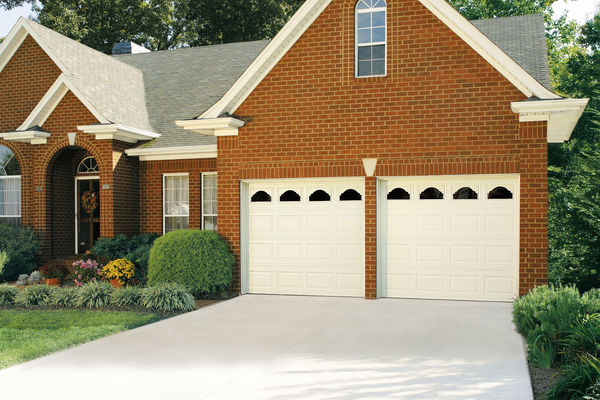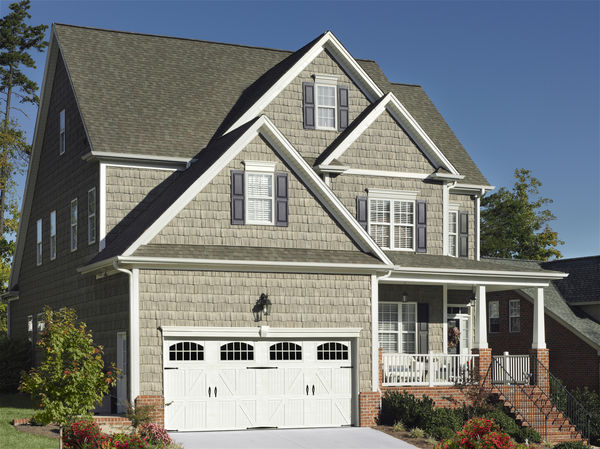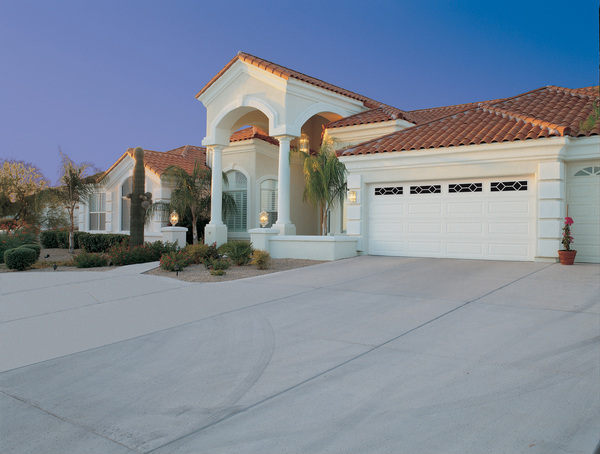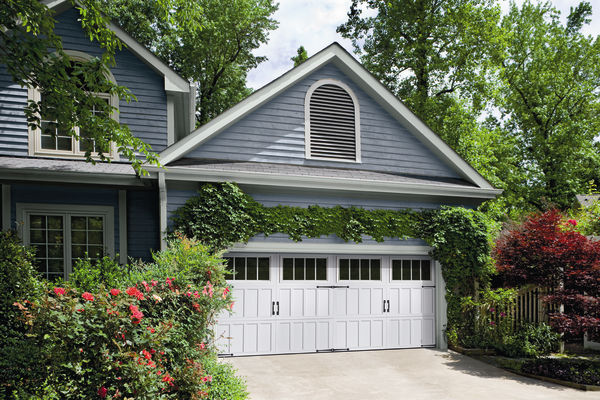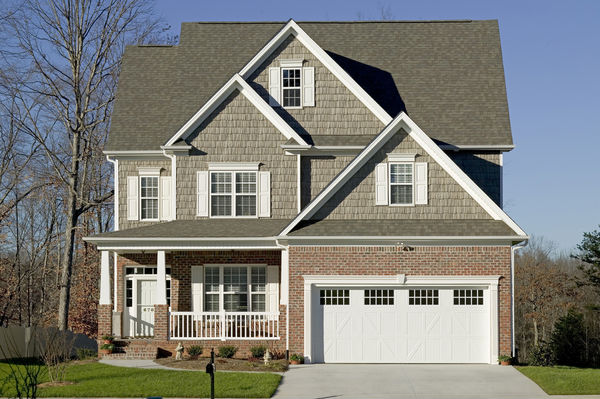
Your garage door is an essential part of your home, providing security and convenience. To ensure its smooth operation and longevity, regular lubrication and maintenance are key. Here’s a simple guide to help you keep your garage door in top condition.
Gather Your Supplies
Before you begin, gather the necessary supplies, including a silicone-based garage door lubricant, a soft cloth, a ladder, and safety goggles. Make sure the power to the garage door opener is turned off for your safety.
Clean the Tracks and Rollers
Start by cleaning the tracks and rollers using the soft cloth. Remove any dirt, debris, or grime that may hinder smooth movement. Clean rollers and tracks promote efficient operation and prevent unnecessary wear and tear.
Lubricate Moving Parts
Apply a small amount of silicone-based lubricant to the hinges, rollers, and bearings. Be sure to avoid using greasy substances, as they can attract dirt and create a mess. Lubricating these parts reduces friction and noise while ensuring smooth movement.
Check Cables and Springs
Inspect the cables and springs for signs of wear, rust, or fraying. If you notice any damage, it’s best to consult a professional for repairs. Do not attempt to fix these components on your own, as they are under high tension and can be dangerous.
Test the Balance
Test the balance of your garage door by disconnecting the opener and manually opening the door halfway. If it stays in place, it’s properly balanced. If not, you might need to adjust the spring tension or seek professional assistance.
Inspect Weatherstripping
Check the weatherstripping along the bottom of the door for damage. Replace any worn or cracked weatherstripping to keep out drafts, pests, and moisture.
Regular Maintenance Schedule
Set a regular maintenance schedule, such as every six months, to ensure your garage door remains in optimal condition. Regular care can prevent costly repairs and extend the lifespan of your door.
Maintaining and lubricating your garage door is a simple yet essential task to ensure its smooth and efficient operation. By following these steps and staying consistent with your maintenance routine, you can enjoy a well-functioning garage door for years to come.

